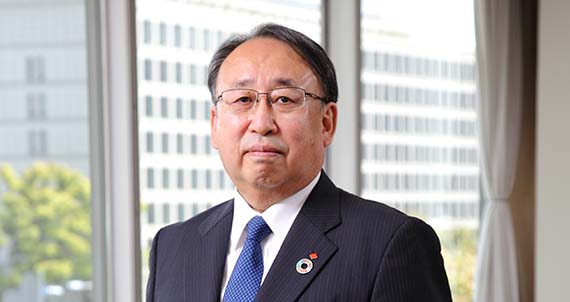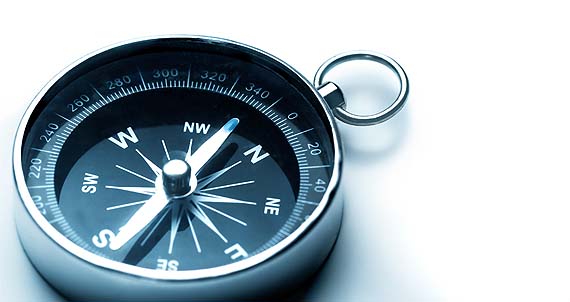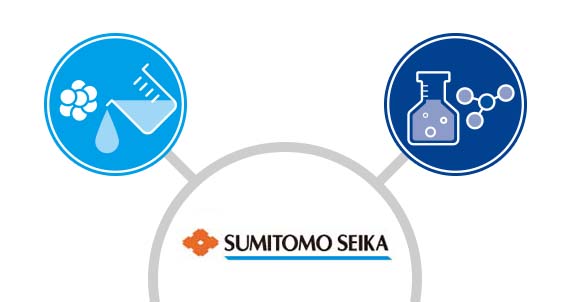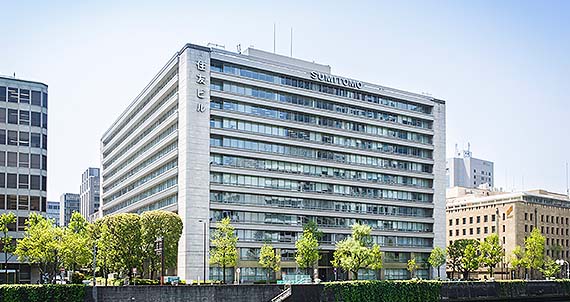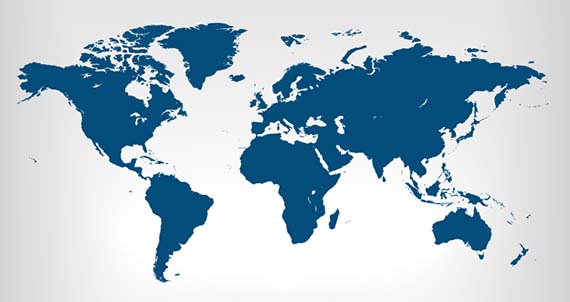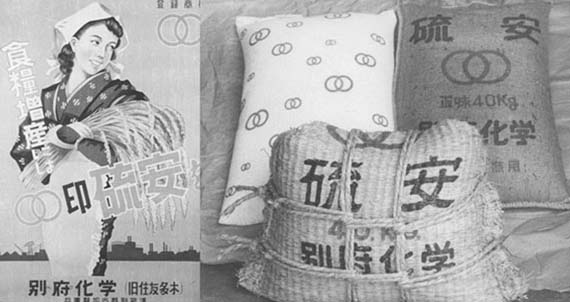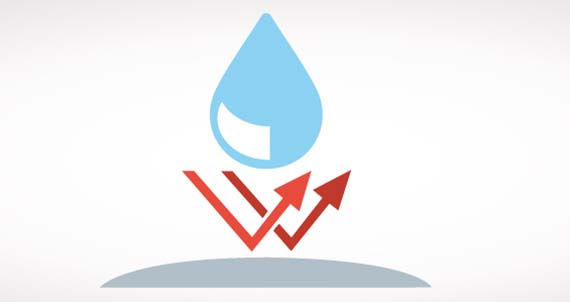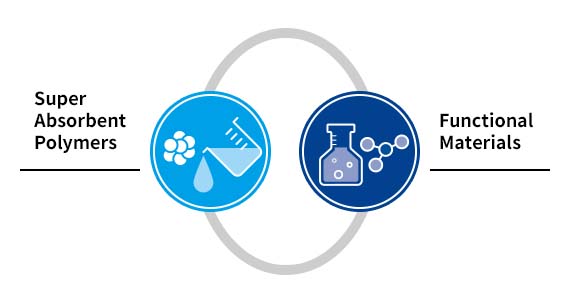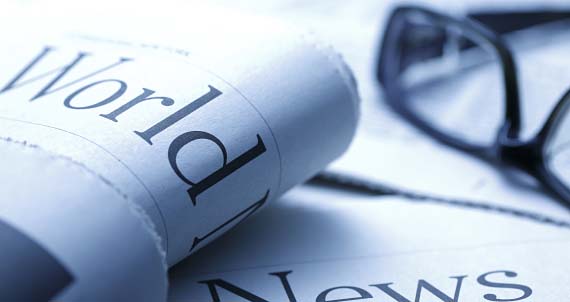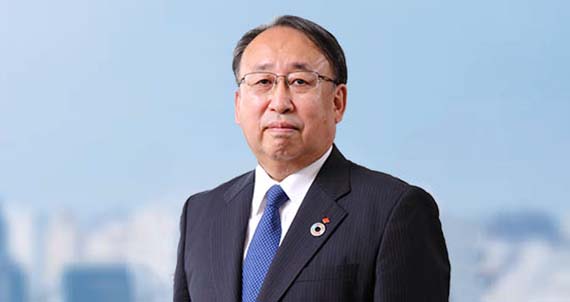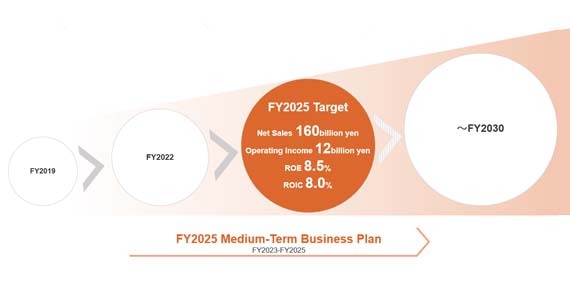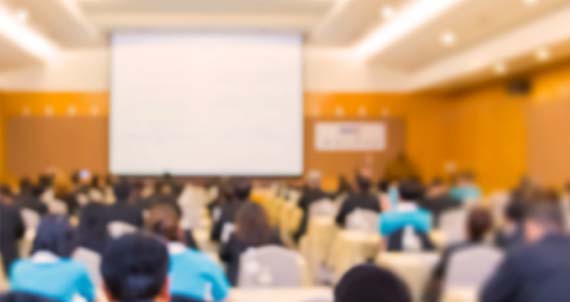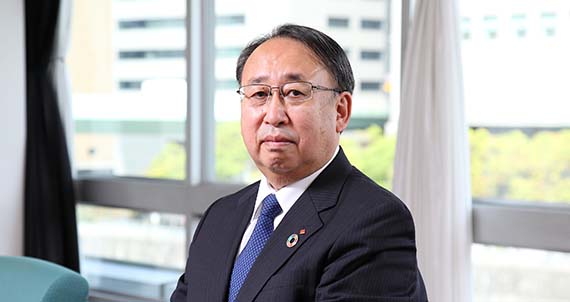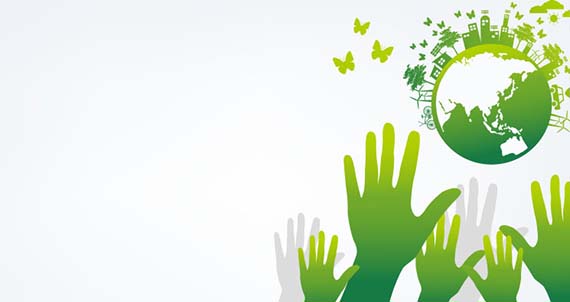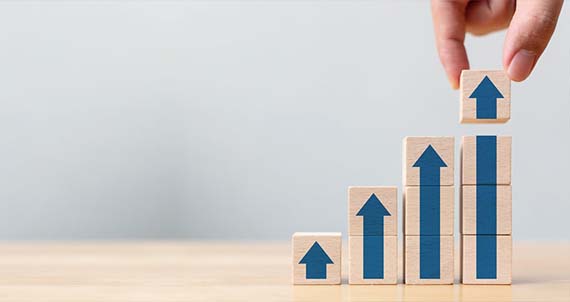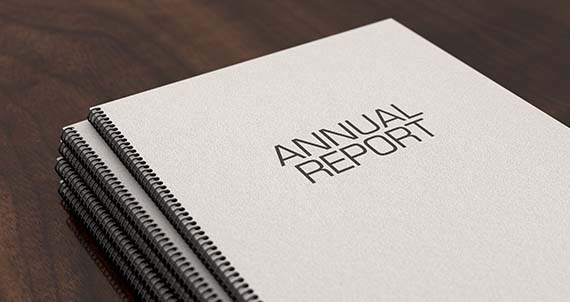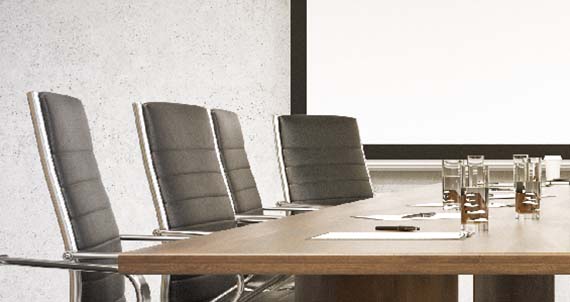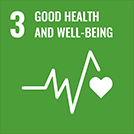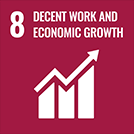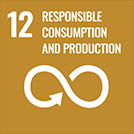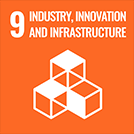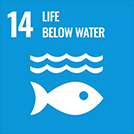With Customers and Suppliers
Occupational Safety and Health, Security and Disaster Prevention
Placing “prioritizing safety over everything else” as a fundamental principle of our corporate management, we are committed to promoting our security programs to develop working environment where front-line employees can work in safety and security.
Related SDGs
Occupational Safety and Health
Every year, we set our goal of achieving “zero” accidents involving/not involving lost workdays and “zero” traffic accidents (where the Company is at fault). Therefore, by familiarizing each one of our employees with the SEIKA basic safety rules (“Take a breath before starting work” and “Be sure to bring each other’s attention to any unsafe behavior”), and with the awareness of strict observance of predetermined rules, we will strive to achieve “zero” accidents.
Security and Disaster Prevention
We also set, at the beginning of each year, a goal of achieving “zero” major accidents*. Since the repor ting of one major accident in FY2013, there have been no such accidents within our Group.
As a precaution against accidents, each works keeps standard operating procedures (SOPs) and manuals updated, carries out daily checks and periodic inspections of facilities, and conducts risk assessment and KY (kiken yochi or risk prediction) training (KYT).
Through improving unsafe areas and correcting actions in our workplaces, we are working to prevent accidents ever occurring.
We also regularly conduct emergency drills in cooperation with nearby companies and local fire departments in order to prepare against disasters and accidents such as earthquakes, fires, and leaks.
We are establishing a business continuity plan (BCP) as part of our efforts to minimize adverse effects on critical business operations and to ensure business continuity and rapid recovery in the event of an emergency such as a disaster or accident. To ensure that the Plan is effective, all of our employees need to appreciate the importance of business continuity and to be able to make timely, appropriate, and flexible decisions and responses.
We will continue to provide training with practical content so that we can acquire the necessary knowledge and skills, and improve our crisis response capabilities.
Earthquake Preparations
In light of two great earthquakes, the Great Hanshin-Awaji Earthquake of 1995 and the Great East Japan Earthquake of 2011,we have enhanced our preparedness against disaster in order to mitigate possible damage. We began by assessing the earthquake resistance of “structures built before the tightening of the Building Standards Act in 1981 where we have people on duty most of the time,” and we quakeproofed structures with insufficient earthquake resistance.
Since fiscal year 2017, we have assessed the earthquake resistance in order of priority with the scope of assessment expanded to include “work areas built before 1981 that are in constant use.”
Logistics Safety /Chemicals Safety
We are positively engaged in various activities to ensure safety not only in manufacturing process but also in physical distribution. We also supply customers with safety data of our products in order to promote safe and proper handling of chemical products.
Related SDGs
Logistics Safety Assurance
Our products and raw materials consist of many substances including high-pressure gases and hazardous or poisonous chemicals. Accidents during products transportation, such as explosions, fire, and leakage, may seriously affect the community safety and environment.
For us, logistics safety is as sensitive a matter as safety in production. Product logistics is carried out by logistics contractors, whose cooperation is indispensable for safety in transportation.
Thus, we have organized the Logistics Safety and Environment Council jointly with our logistics contractors to ensure logistics safety and compliance with relevant laws and regulations, in our effort to prevent occurrences of adverse events such as accidents, disasters, environmental pollutions or health problems.
Drills and Safety Training to Enhance Our Preparedness
In order to respond speedily and adequately to emergencies, we periodically conduct drills, jointly with logistics companies, for emergency calls and for preventing disasters from escalating by assuming a leakage of hazardous materials or fire during transportation.
Safety training for supervisors and operators of logistics companies are also conducted to provide knowledge on properties and for safe handling of hazardous and toxic materials, in an effort to prevent accidents.
Chemical Safety
Amid the wide use of chemicals in the world, laws and regulations are becoming increasingly strict internationally for proper management of chemicals contained in products and the like.
We thoroughly comply with Japanese and overseas laws and regulations. In addition to that, to ensure safe handling of our products by customers, we proactively collect information on the hazardous and toxic properties of chemicals and supply our customers with the information through SDS(Safety Data Sheet) and Warning Labels in local languages and ask them for appropriate use.
Quality Assurance (QA)
With a view to establishing a long-term trust of our customers,we are committed to providing quality products and services that are safe in use and meet customers’ needs.
We endeavor to supply products and services of a quality that will satisfy customers’ needs and ensure safety in their use by assuring such quality at our operations both in Japan and abroad.
Related SDGs
Group-Wide Quality Assurance System
With “supplying products and services of a quality that will satisfy customers’ needs and ensure safety in their use” as our basic policy, we have established our quality management system. The entire Group is working together to operate the quality management system and run the PDCA cycle, thereby seeking the system spiral-up and pursuing all-out quality assurance activities from our customers’ perspectives.
Quality Assurance Activity
Every month the QA Dept. holds a QA Dept. Liaison Meeting at which policies are decided and the systematic implementation of QA activities is coordinated and discussed and then communicated to other sites in Japan.
At the Monthly Quality Review Meeting, how we respond to quality problems actually reported (complaints, claims and internal non-conformance) are discussed and shared by participants. The results are further compiled in the Monthly Quality Report, which are shared across the board to prevent recurrence of similar problems as part of our initiatives to enhance quality assurance.
The Monthly Quality Meeting is also held at the Works, where the reason for problems and our responses are reported and discussed. The results of discussions are shared so the entire organization will be thoroughly informed.
Additionally, as part of preventive measures, we identify risks through quality risk assessment to prevent problems.
Quality Audit
The QA Dept. carries out plant audits and QC patrols at every Works and production consignees in Japan to maintain and improve our quality assurance system.
As auditors, QA Dept. members implement plant audits together with manufacturing divisions to find room for improvement, which leads to the prevention of quality-related problems and improved customer satisfaction.
In QC patrol, we inspect workplaces with a focus on 3S (sort, set in order, and shine) and visual management (displays and signs) to thoroughly enforce 5S, or the basics of quality control.
Global Quality Assurance
In recent years, our overseas business expansion is gaining momentum; we have been actively increasing import of raw materials, production at our overseas manufacturing sites, as well as our overseas sales ratio.
At our overseas sites, the Global Quality Liaison Meeting is held semiannually to exchange information, provide guidance and discuss issues relating to quality and product safety activities. We join on-site audits of overseas raw material suppliers and production consignees, thereby strengthening our management system.
Furthermore, we reinforce the quality assurance system and foster QA culture by conducting audits of and providing education to our overseas plants every year.
Cooperation with Suppliers
To fulfill our corporate social responsibilities, we consider cooperation with our suppliers to be essential. While maintaining due supplier evaluation, as well as our fair and transparent purchasing policy, we will strive to fulfill our social responsibilities throughout the supply chain in cooperation with our suppliers.
Related SDGs
Basic Principles of Purchasing
- We will seek free, transparent and fair purchasing activities.
- We will conduct purchasing activities on the major premise of compliance.
- We will not reflect personal interests in the implementation of purchasing activities.
- We will fulfill our corporate social responsibilities in its purchasing activities.
- We will place emphasis on the following items when choosing our suppliers.
- Compliance with social norms and relevant laws and regulations
- No connection with anti-social forces
- Making efforts for environmental conservation
- Making efforts for human rights and the elimination of racial discrimination
- Emphasis on the consideration for the working environment

